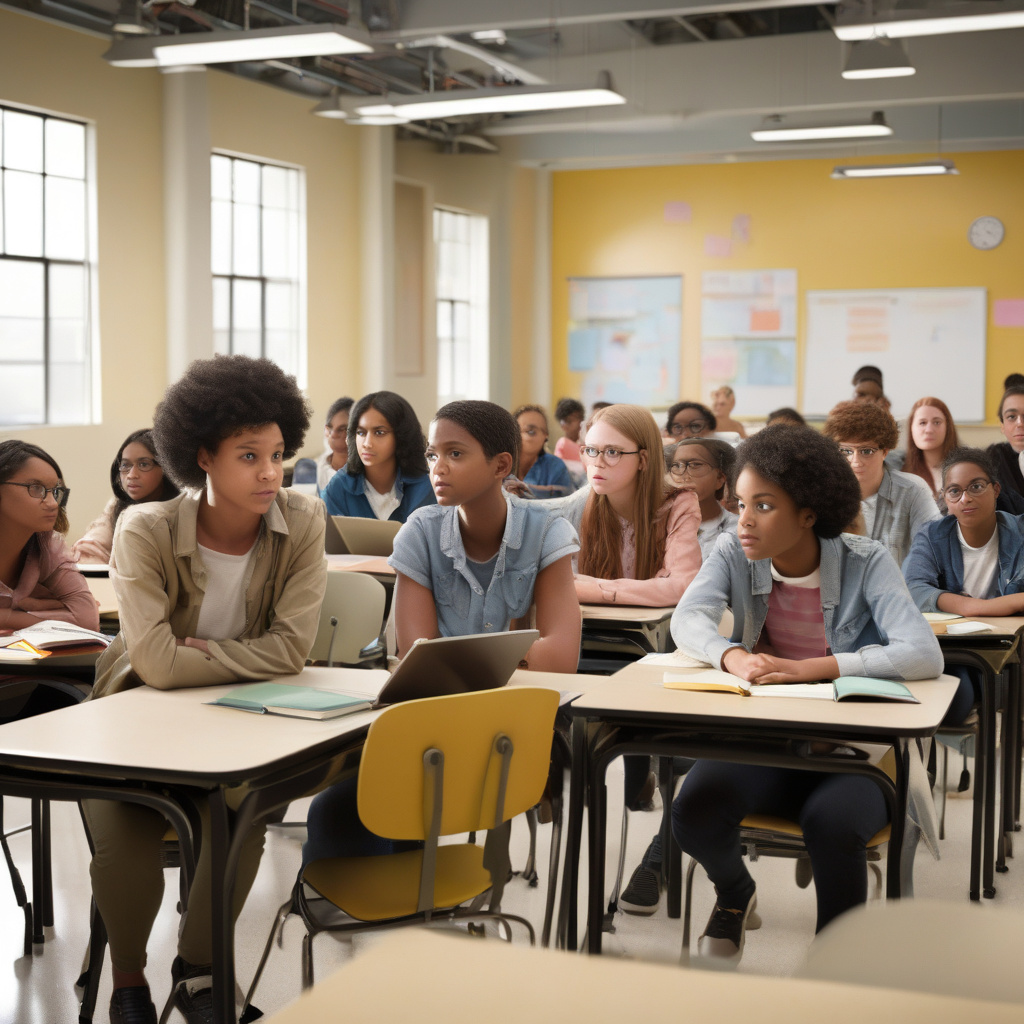In a world where technology evolves at breakneck speed, our educational systems are struggling to keep pace. Today’s classrooms are often still rooted in traditional models that emphasize rote memorization and standardized testing. While these methods have their merits, they fall short in preparing students for the dynamic, technology-driven workforce that awaits them.
The digital age demands a workforce equipped with not just basic technical skills, but also with critical thinking, problem-solving abilities, creativity, and adaptability. Unfortunately, the current educational landscape often prioritizes conformity over creativity, compliance over critical thinking. Students are frequently taught to follow predetermined pathways and regurgitate information rather than explore, experiment, and innovate.
Consider the traditional approach to teaching coding. Many schools focus on teaching specific programming languages or frameworks, aiming to equip students with technical skills that are deemed valuable in the current job market. However, this approach overlooks the fundamental principles of coding—logic, problem-solving, algorithmic thinking—which are timeless and transferable across languages and technologies. By fixating on specific tools, educational institutions risk becoming outdated as technology continues to evolve rapidly.
Moreover, the digital workforce of tomorrow will require individuals who can collaborate across disciplines, communicate effectively, and navigate ambiguity with ease. These soft skills are often undervalued in traditional educational settings, where the emphasis tends to be on individual achievement and competition rather than teamwork and cooperation.
To bridge this gap between education and the digital workforce, we need a paradigm shift in how we approach learning. Schools and universities must move away from one-size-fits-all curricula towards personalized, project-based learning experiences. By allowing students to work on real-world problems, collaborate with peers from diverse backgrounds, and receive constructive feedback, we can better prepare them for the complexities of the modern workplace.
One notable example of a forward-thinking educational approach is the concept of “design thinking.” Originating from the world of product design, design thinking emphasizes empathy, experimentation, and user-centric solutions. By incorporating design thinking principles into education, students can learn to approach problems holistically, iterate on solutions, and embrace failure as a natural part of the learning process.
Additionally, the rise of online learning platforms, coding bootcamps, and other alternative education models provides learners with flexible, affordable, and industry-relevant opportunities to upskill and reskill. These platforms offer a more agile and responsive approach to education, enabling individuals to acquire in-demand skills at their own pace and on their own terms.
In conclusion, today’s education system is in dire need of transformation to meet the demands of tomorrow’s digital workforce. By fostering creativity, critical thinking, collaboration, and adaptability, we can equip students with the skills they need to thrive in an ever-changing technological landscape. It’s time to reimagine education not as a means to an end, but as a lifelong journey of exploration, growth, and innovation.

